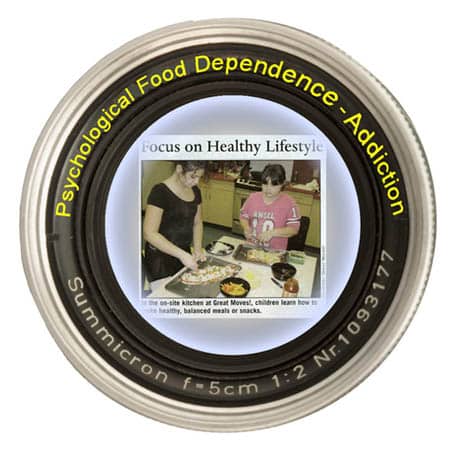Music as Message: Creativity for a Cause

We previously wrote about how much we regret the tendency of corporations to use such attractive aesthetic trimmings as riotous colors, animated cartoons, and music to entice children into demanding junk food. Of course, that will never change. As long as there are products to sell, some hardworking agency will be writing jingles about those products. […]
The Price of Obesity, Physical and Psychological

Jeanna Bryner, managing editor at LiveScience, interviewed Sarah Gable, a researcher at the University of Missouri, about the emotional consequences of childhood obesity: low self-esteem from being teased or bullied, depression, anxiety, and loneliness. These stressful emotions all interfere with not only academic achievement, but every other aspect of life of a child or a teen. […]
Around the World With Junk Food Marketing

Today’s source article, “Statement on Junk Food Marketing to Children,” was published in 2004. “That isn’t news,” one might say — and one would be mistaken. Every charge it makes about the childhood obesity epidemic still holds true, so what does that say about the rate of progress in the effort to curb junk food […]
Television Advertising and Childhood Obesity, Part 1

Some people in Scotland think that junk food advertising now needs to be completely eliminated from television. Since 2007, such ads have been banned from appearing during children’s programs, but now, […] health campaigners say kids are still susceptible to seeing adverts during adult shows before the 9pm watershed and have called for a total […]
Why Parents Don't Want to Hear About Food Addiction, Part 3

Once the food addiction paradigm has been introduced, some conclusions follow, whether fair or not is yet to be decided. One conclusion is that parents who leave a child’s food addiction untreated, to the point of morbid obesity, are just as culpable as parents who encourage and enable a nicotine habit in a minor. Time.com […]
Medical Science and Food Addiction – Part 2

(Part Two of a Two-Part Post)(View Part One) by Robert A. Pretlow, M.D. My last post had to do with the difficulty of medical science in accepting food addiction as a cause of the obesity epidemic. This post presents how the evidence for food addiction is being downplayed. Anecdotal Data I recently talked with Robert […]
Medical Science and Food Addiction

(Part One of a Two-Part Post)(View Part Two) by Robert A. Pretlow, M.D. Why Does The Obesity Community Reject Addiction? In September 2009, I conducted a plenary session presentation at the European Childhood Obesity Group (ECOG) scientific meeting in Dublin, Ireland, in which I proposed that comfort eating and resulting addiction to highly pleasurable foods […]
Using the Psychological Food Dependence-Addiction Lens

A recent comment to “The Childhood Obesity Perfect Storm, Part 6″ post on the Childhood Obesity News blog describes the “Go, Slow, Whoa!” widget tool created by the We Can! Program of NHLBI, NIH. The widget’s purpose is to impact childhood obesity. It differentiates foods according to their nutritional value, in order to help kids […]
Parents Kid Themselves More Than Kids Do

At the University of Sydney, Australia, researchers looked at parental attitudes about overweight and obesity in children and teens, and Michael Booth wrote up the results. Other team members were L.A. King, D.L. Pagnini, R. L. Wilkenfeld, and S. L. Booth, and what they had discovered was that there may be a bit of cognitive […]
Outside the Box with Overweight Teens

Here’s an interesting phrase: “spontaneous recovery.” It sounds like it should mean something good, but this is counter-intuitive, because in addiction medicine the term doesn’t mean anything good. It means someone who seemed to have gotten better, but returns to the old behaviors that had caused trouble in the first place. At wiseGEEK, Tricia Ellis-Christensen explains: Medical […]
